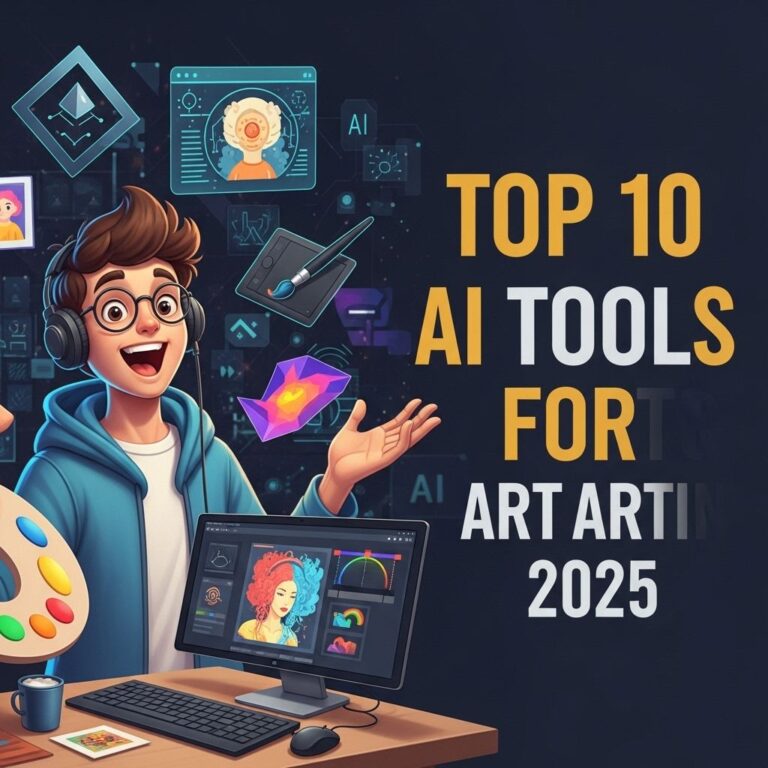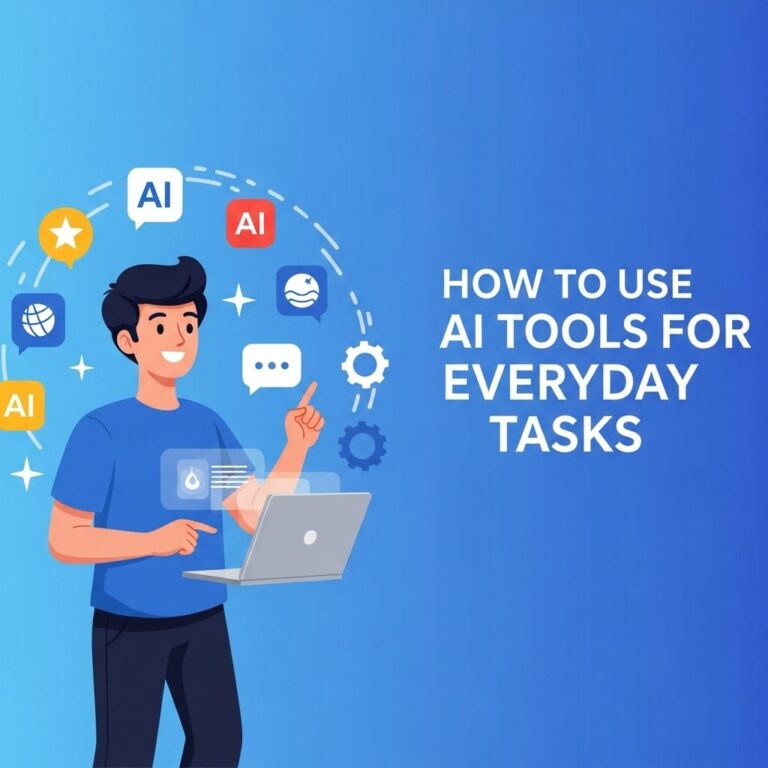In the evolving landscape of programming and software development, efficiency has become pivotal. Artificial Intelligence (AI) is increasingly becoming an integral part of coding practices, enabling developers to streamline their workflows and produce error-free code at a remarkable pace. This article explores various AI prompts and techniques that can significantly boost code efficiency, ensuring that developers are well-equipped for the challenges of 2025.
Table of Contents
Understanding AI in Coding
AI in coding refers to the use of machine learning algorithms and natural language processing to assist developers throughout the software development lifecycle. The integration of AI tools can enhance productivity, reduce errors, and lead to innovative solutions. Here are some key areas where AI can make a difference:
- Code Generation: Automating repetitive coding tasks and generating boilerplate code.
- Bug Detection: Identifying and fixing bugs in real-time.
- Code Review: Providing intelligent suggestions for code improvements.
- Documentation: Automating the generation of code documentation.
Key AI Techniques to Boost Code Efficiency
1. Code Generation and Completion
AI tools like GitHub Copilot and TabNine are revolutionizing how developers write code. These tools use AI models trained on vast amounts of code to predict and suggest code snippets as you type.
Benefits of AI-Assisted Code Generation:
- Increased speed in writing code.
- Reduction in syntax errors.
- Encouragement of best practices through intelligent suggestions.
2. Automated Testing
Automated testing frameworks powered by AI can analyze and execute tests more efficiently than traditional methods. They can adapt to changes in code and even predict areas where bugs are likely to occur.
Popular Tools:
| Tool | Description |
|---|---|
| Test.ai | AI-driven test automation for web and mobile applications. |
| Applitools | Visual testing tools that use AI to identify UI issues. |
3. Intelligent Code Refactoring
Refactoring code can be tedious and error-prone. AI can assist by providing recommendations for refactoring based on established coding standards and performance metrics.
Improvements Offered:
- Enhanced code readability and maintainability.
- Identification of duplicate code snippets.
- Optimization of performance-critical sections of code.
Utilizing AI Prompts Effectively
To harness the full power of AI tools, developers must understand how to effectively use prompts. Here are some essential prompts to consider:
1. Generating Code Snippets
When using AI code generators, the specificity of your prompts is crucial. Here are examples:
Generate a Python function to sort a list of dictionaries by a specific key.2. Debugging Assistance
When seeking help with debugging, be clear and concise:
What could be causing this TypeError in my JavaScript code?3. Code Review Queries
For code reviews, prompt the AI with specific questions:
Can you suggest improvements for this function regarding performance and readability?Integrating AI Tools into Your Workflow
Incorporating AI tools into your development process requires careful planning. Here’s a structured approach:
Step 1: Identify Needs
Analyze which areas of your coding process can benefit from AI, such as:
- Repetitive tasks
- Debugging and testing
- Documentation generation
Step 2: Evaluate Tools
Consider the following factors when selecting AI tools:
- Compatibility with your existing development environment.
- Ease of use and integration.
- Community support and resources.
Step 3: Train Your Model
If you’re using custom AI solutions, ensure you have quality datasets for training, focusing on:
- Code quality
- Common coding patterns
- Debugging scenarios
Step 4: Continuous Feedback Loop
Create a system where feedback on AI suggestions is collected and analyzed to improve the tool’s performance continuously.
Challenges and Considerations
While AI tools offer significant advantages, there are challenges to consider:
- Dependence on AI can lead to a lack of fundamental coding skills.
- Inaccurate suggestions may introduce new bugs or security vulnerabilities.
- Data privacy concerns when using cloud-based AI tools.
The Future of Coding with AI
As AI technology advances, we can expect more sophisticated tools that will further enhance coding efficiency. The integration of AI in coding practices will lead to:
- Greater collaboration between human developers and AI.
- More focus on creative problem-solving and less on routine tasks.
- Increased accessibility to coding for novice developers.
Conclusion
In conclusion, the integration of AI into the coding process is not just a trend but a significant evolution in how software is developed. By leveraging AI prompts and incorporating intelligent tools into their workflows, developers can enhance their efficiency, reduce errors, and focus more on innovation. As we move towards 2025, embracing these technologies will be crucial for maintaining a competitive edge in the tech industry.
FAQ
What are essential AI prompts for improving code efficiency?
Essential AI prompts for improving code efficiency include queries that focus on optimizing algorithms, reducing redundancy, and enhancing code readability.
How can AI help in identifying code inefficiencies?
AI can analyze code patterns, suggest improvements, and highlight potential bottlenecks that may slow down execution or increase resource consumption.
What role does machine learning play in code optimization?
Machine learning can help in predicting the most efficient coding practices by analyzing vast amounts of code and learning from previous optimization outcomes.
Are there specific AI tools recommended for code efficiency?
Yes, tools like GitHub Copilot, TabNine, and OpenAI Codex can provide code suggestions and optimizations to improve efficiency.
How can I incorporate AI prompts into my coding workflow?
You can integrate AI prompts by using coding assistants in your IDE, setting up AI-driven code reviews, and utilizing APIs that offer optimization suggestions.
What are the benefits of using AI for code efficiency in 2025?
The benefits include faster development cycles, reduced debugging time, and improved overall code quality, leading to more reliable software applications.








